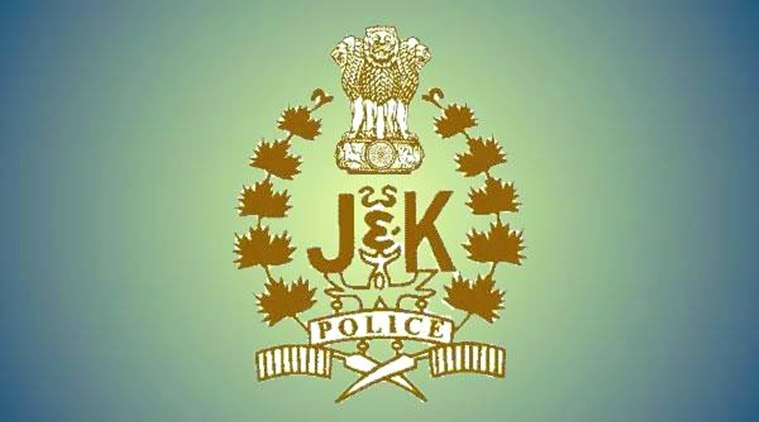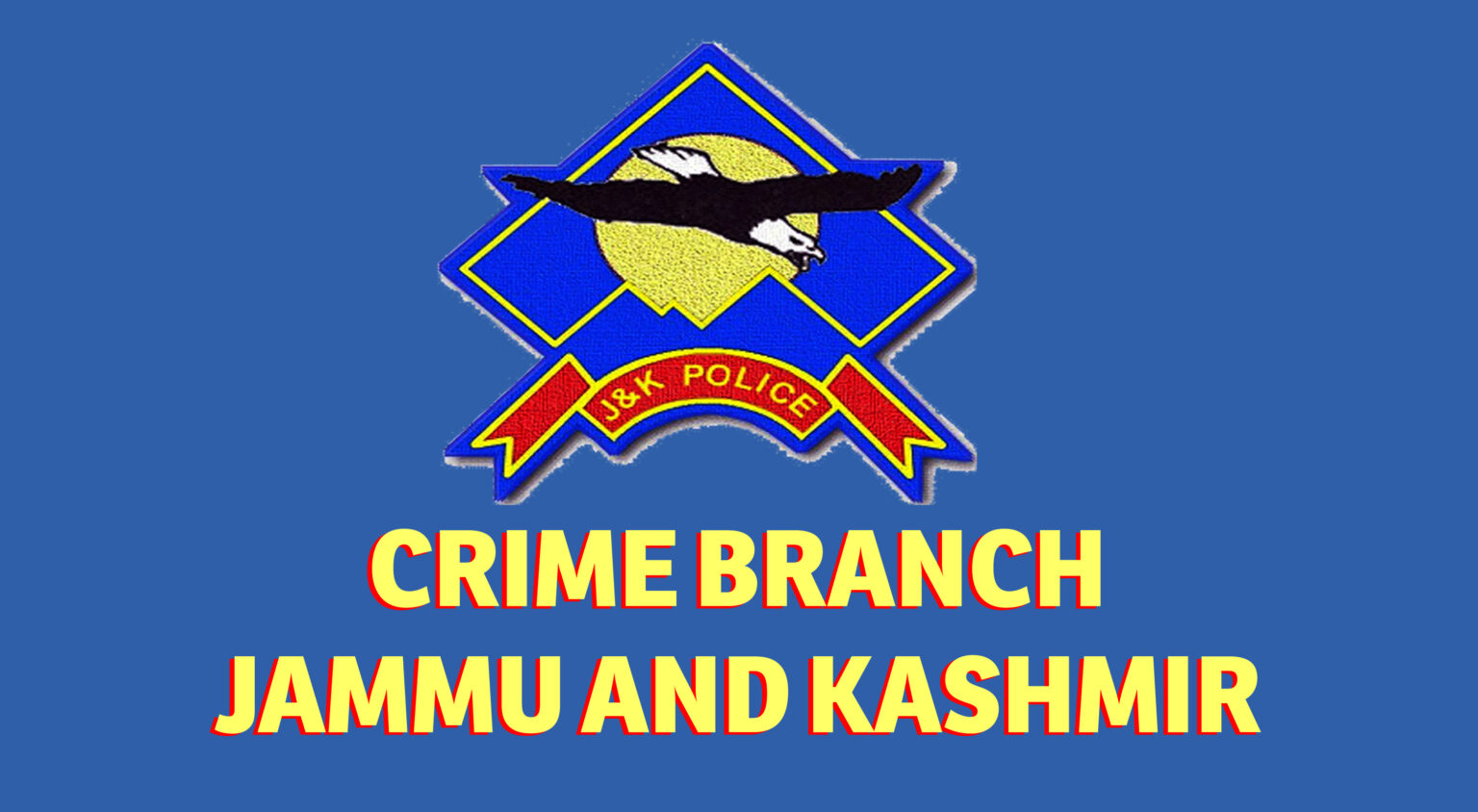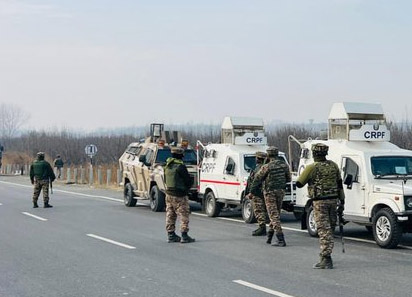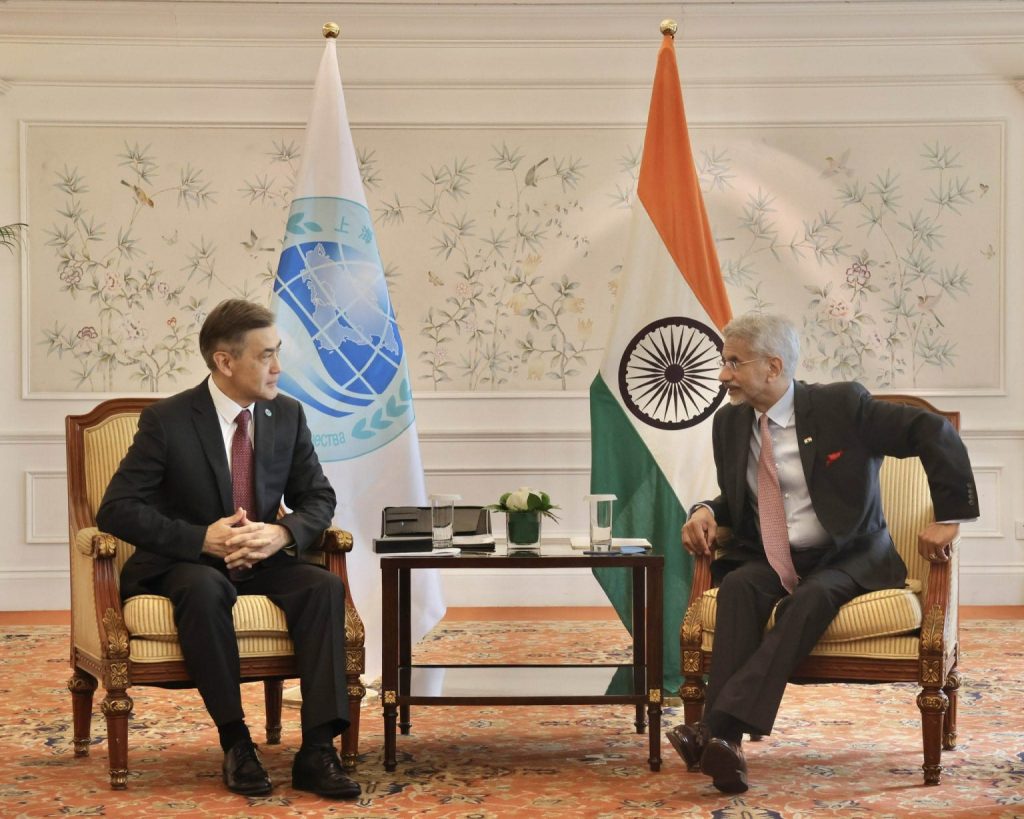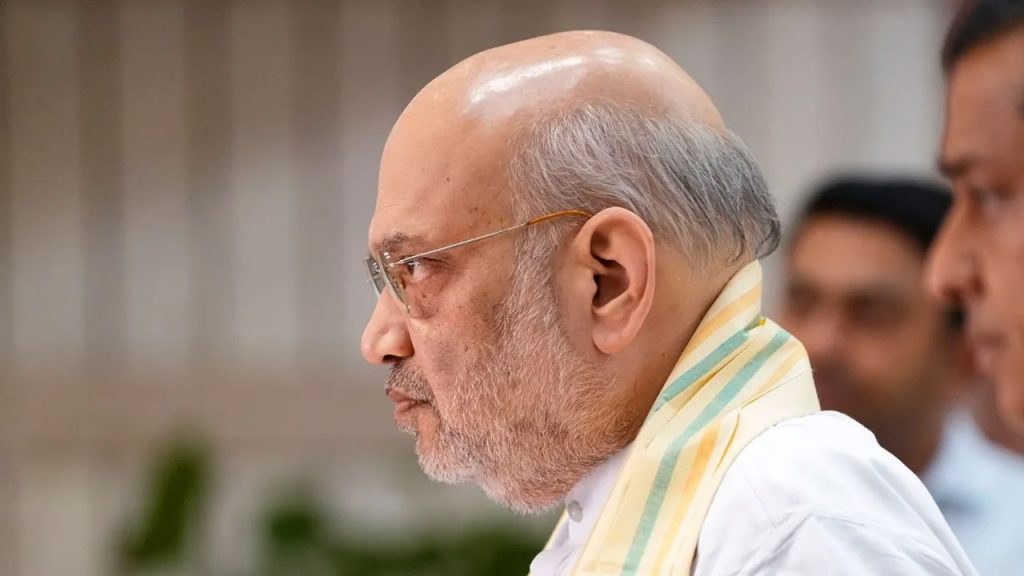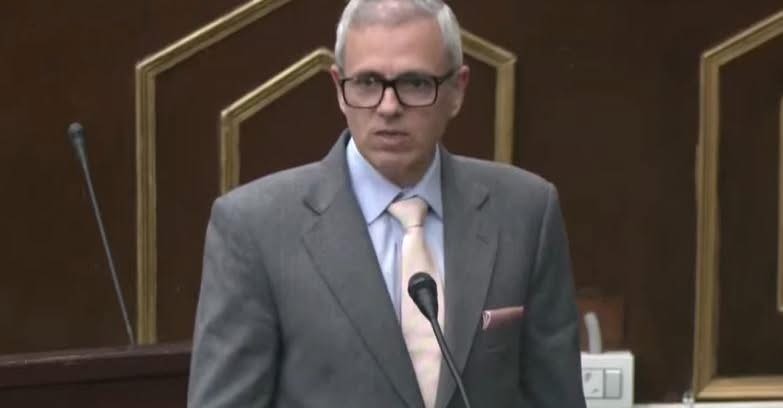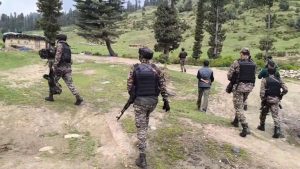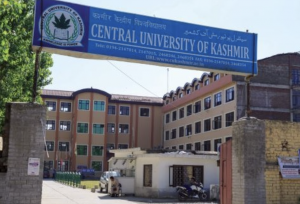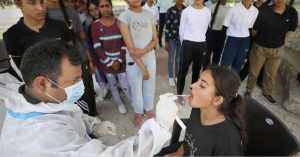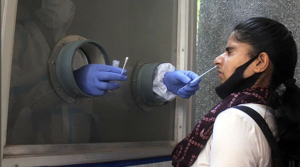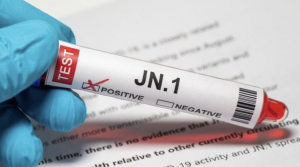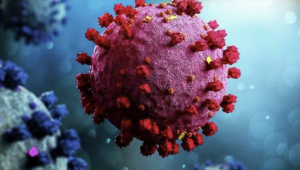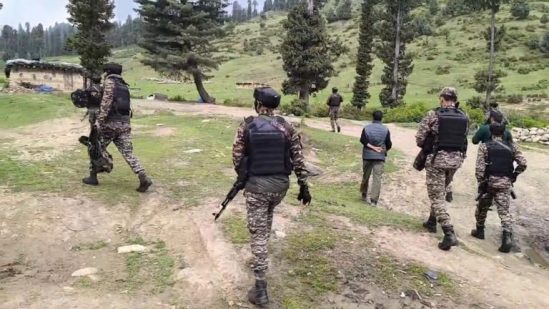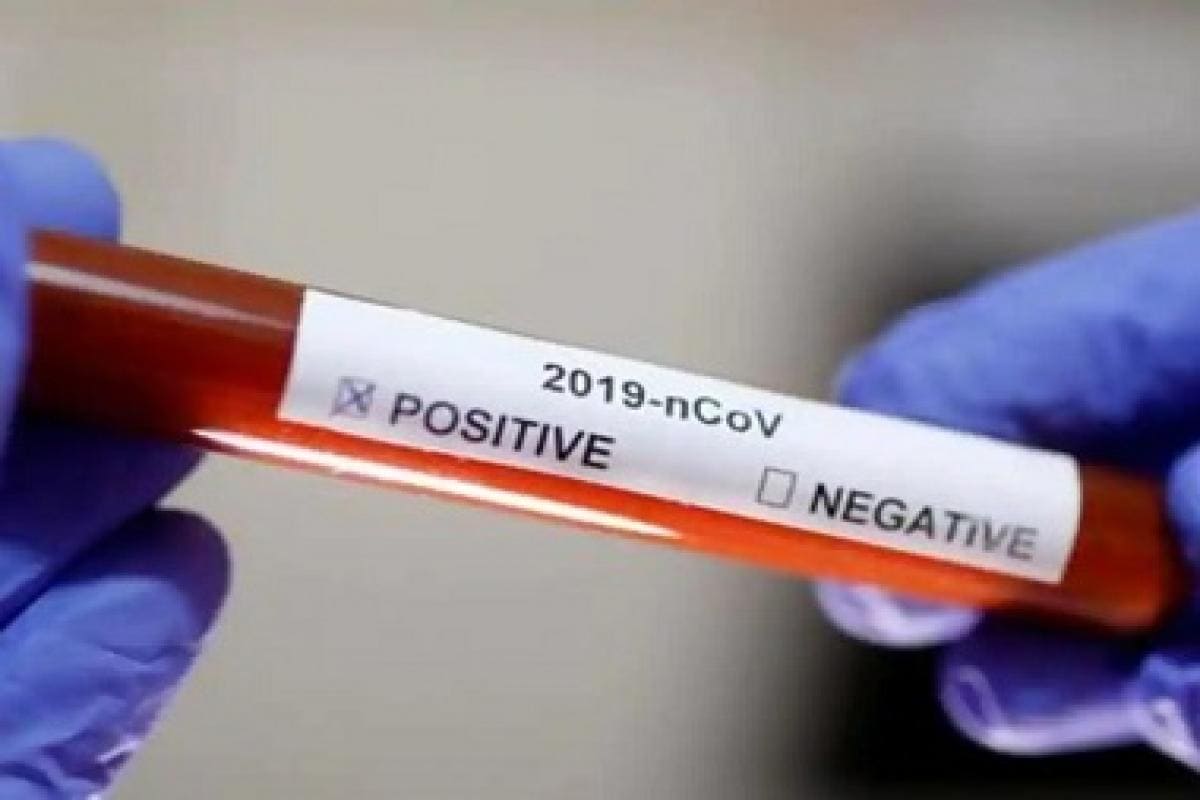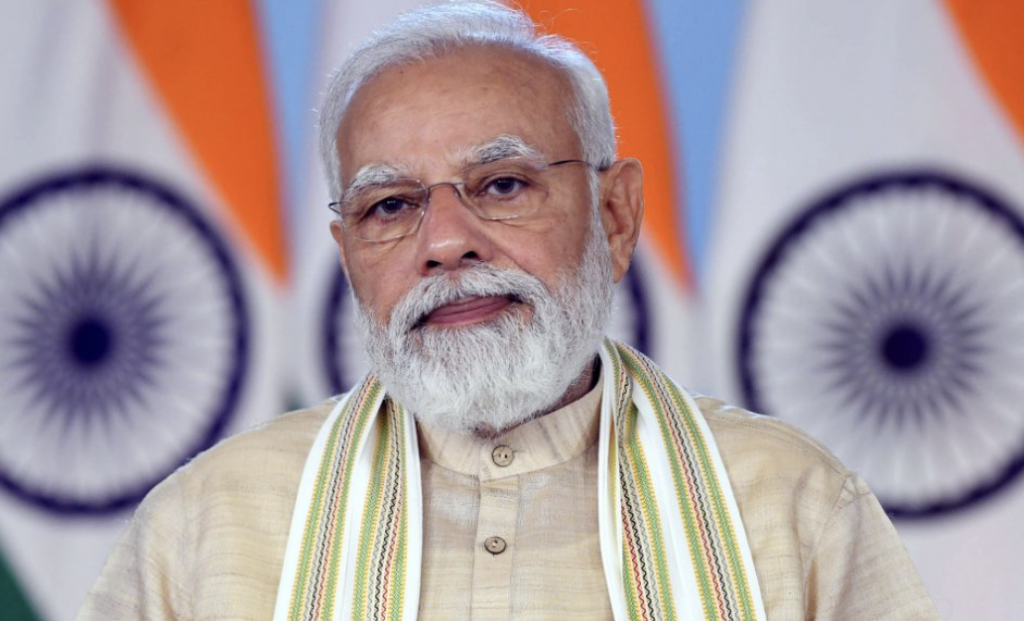Rajouri, Jan 1: Dheeraj Sharma, the sarpanch of Jammu and Kashmir's Dhangri village, which witnessed five of its citizens being shot dead by terrorists on this day last year, vowed that people are determined to thwart the evil plans of the enemy. A day later, tragedy struck Dhangri in the Rajouri district once more. When an IED that the terrorists had left behind detonated, two village children perished. "No one can understand how much that attack hurt me; in a matter of minutes, my life changed. The 50-year-old widow Saroj Bala said, "I was a proud mother of two sons, Prince and Deepak, and now I am all alone."Terrorists killed Deepak Sharma (age 24), his brother Prince Sharma (age 21), Pritam Lal (age 57) and his son Shishu Pal Sharma (age 32), and an ex-serviceman named Satish Kumar (age 45) by firing randomly. Vihaan Sharma, 4, and Samiksha Sharma, 13, both perished in the explosion of an improvised explosive device (IED). The terrorists' gunfire also caused numerous injuries. "We never imagined an attack like this." Terrorists profited from our lax attitude. We are determined to thwart the evil plans of the enemy forces, and we have now taken countermeasures," Dheeraj Sharma stated.He gave an explanation of the actions, saying that a company of the Central Reserve Police Force (CRPF) is currently guarding the village and that Village Defence Guards (VDGs) are on guard. VDG members are on guard around-the-clock to protect the village, according to Bal Sharma, one of the members who had fired on the terrorists and forced them to flee. In the border district of Rajouri, this was the first attack of that kind in more than sixteen years. As a result, the CRPF company was sent to the village.In connection with the incident, the National Investigation Agency (NIA) has detained two terror associates from Gursai village in Poonch's Mendhar. This is despite the fact that two Pakistani terrorists, including the mastermind of the January 1 attack, were killed in two separate encounters with security forces in Rajouri in May and November of last year. But Saroj Bala expressed his dissatisfaction with the investigation conducted after the attack. As per her statement, "we are waiting for justice" and the investigative agencies have not concluded yet.Why did our houses become the target of an attack without any of our fault? Why were the members of our innocent family so brutally murdered? Saroj Bala questioned, "Why was the IED placed in front of my house?" She asserted that the people who helped the attackers in this area have not yet been found. In addition, she insisted on the construction of a memorial for the victims of the shooting and IED explosion. Nita Devi, 30, who lost both her father-in-law and her husband Shishu Pal in the January 1 attack, recalled that she was cooking when a terrorist broke into her home, demanded Aadhaar cards, and then opened fire on the men."While my husband passed away from his wounds at the Government Medical College-affiliated hospital in Rajouri, my father-in-law passed away immediately. "They were workers," she remarked. "My two children, Sakshi in class 4 and Parvas in class 1, are the only ones left in the family. With their father gone, I worry about their better future," Devi remarked. She said, "I live in constant fear." Shubh Sharma, 18, who was injured but survived the shooting, claimed that despite his survival, he lost his father, Satish. He was shot multiple times, and in order to preserve his life, doctors performed two operations on him. In five months, he will have more surgery.A local resident named Rajat Kumar stated that people still remember the incidents. He stated that on that particular day, "it took us about ten minutes to realise what was going on because at first we thought the gunshots were coming from someone breaking crackers to celebrate the new year." Shashi Bala, a relative of Saroj Bala who had come to offer condolences on the first anniversary of the attack, said that although the people of Dhangri are brave, there is undoubtedly fear among them because the attack was lethal and resulted in the deaths of innocent civilians. "Dhangri used to be just another village to us, where our relatives lived, but now it's associated with killings of innocent bystanders, including children," the woman remarked. [caption id="attachment_8136"…


